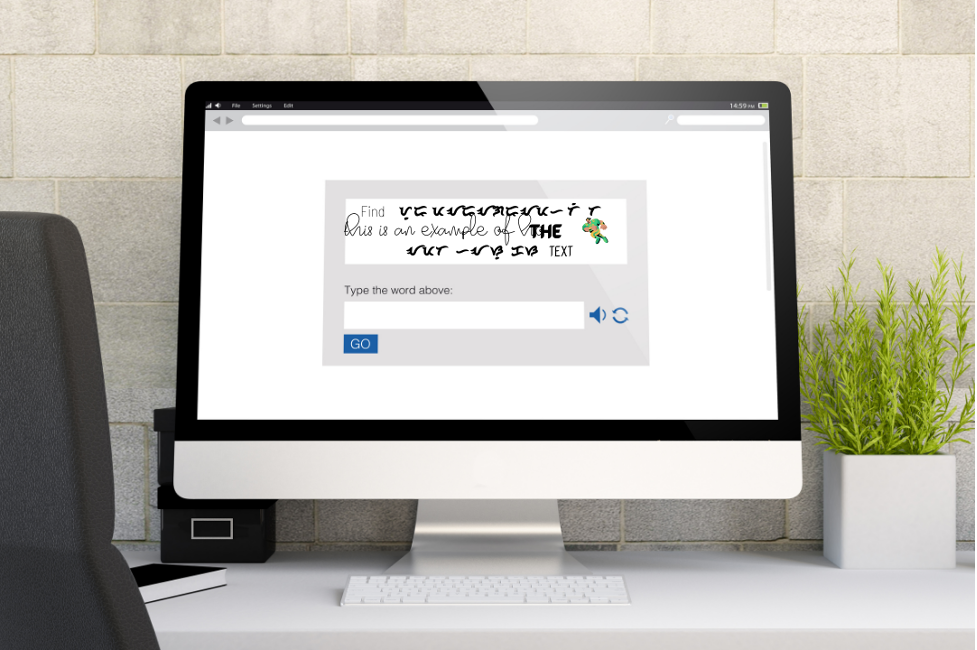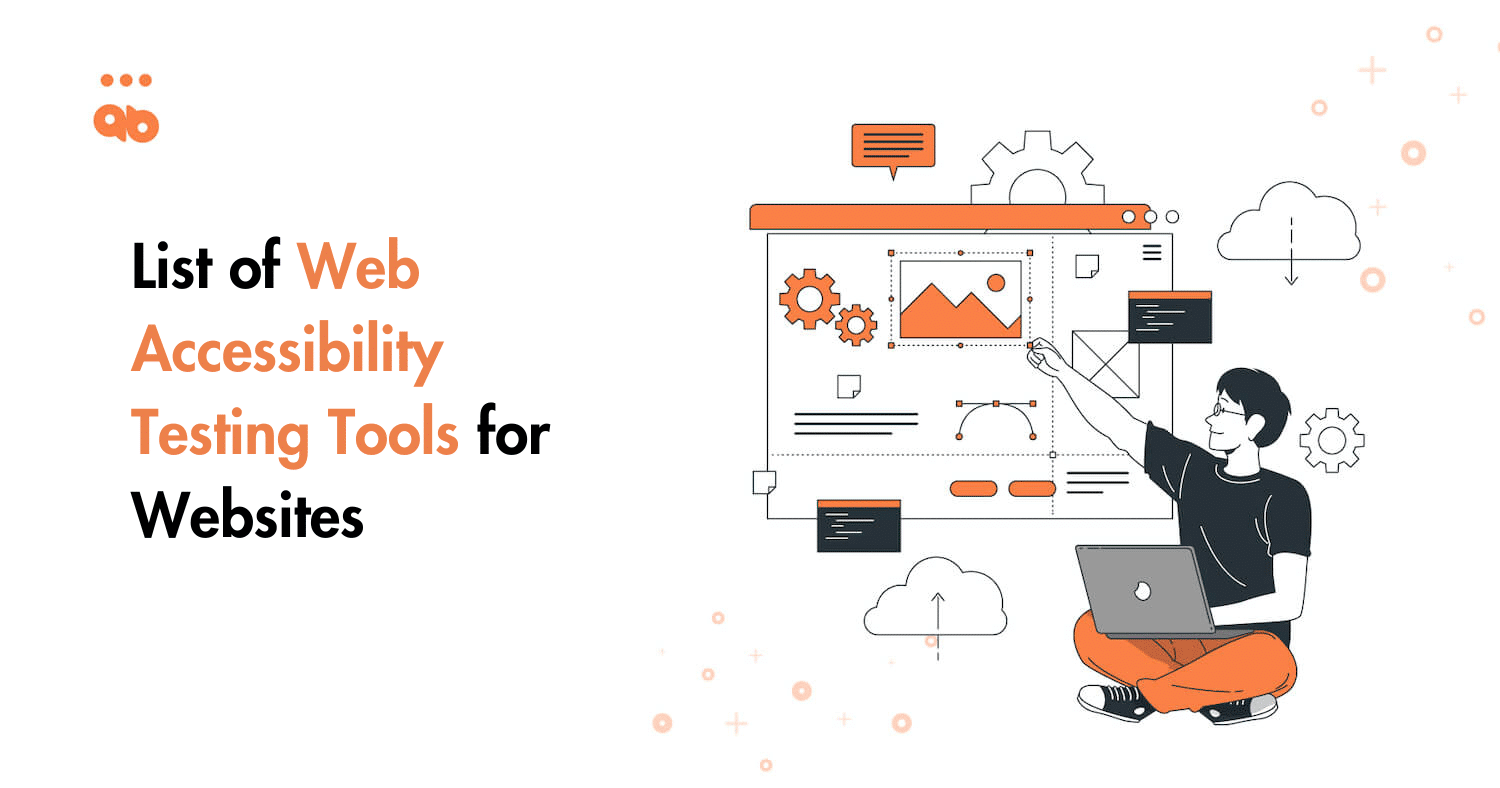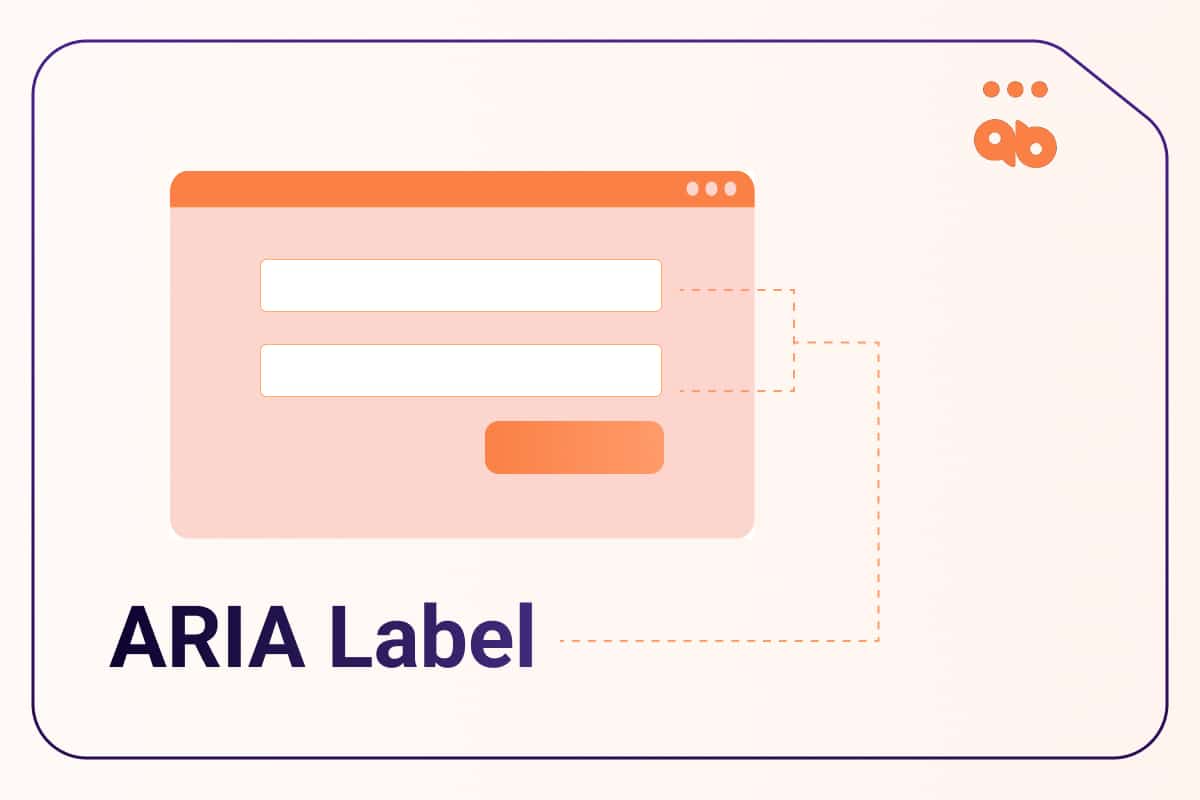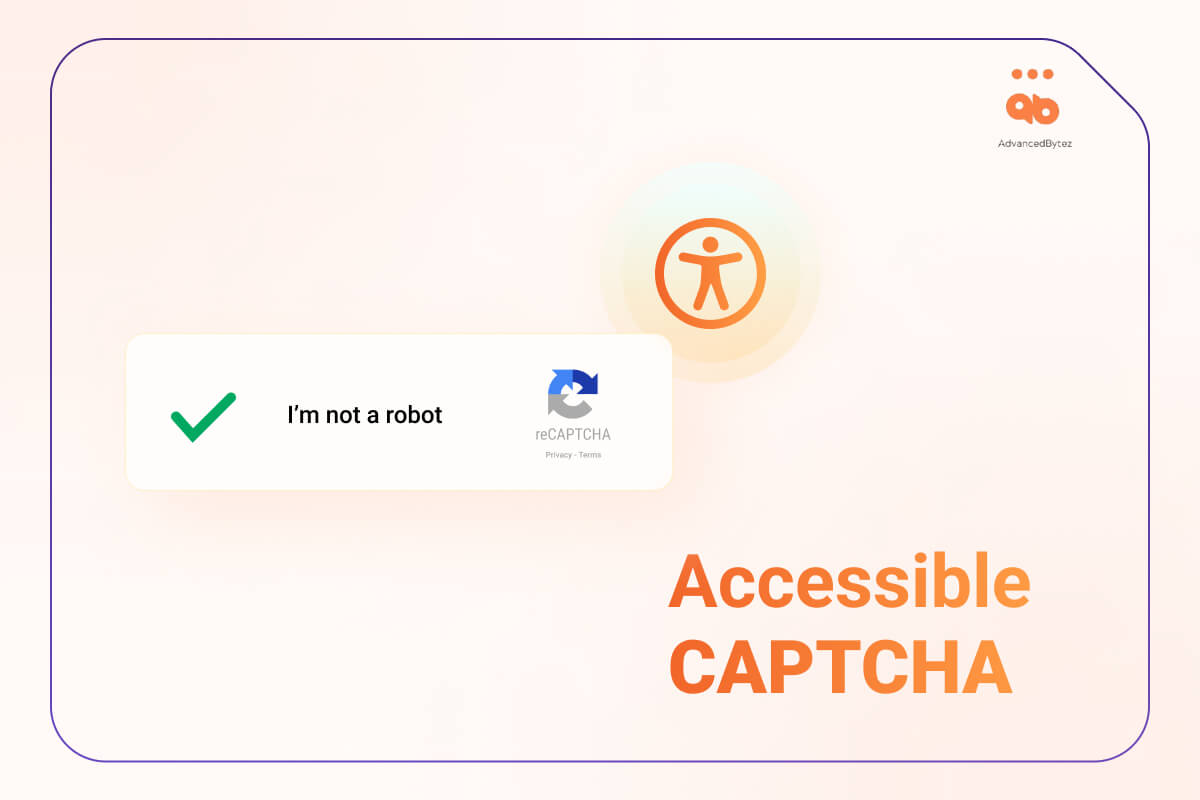Table of Contents
Introduction to Cognitive Disabilities
Cognitive disabilities are impairments in how the brain processes information. Cognitive accessibility is the method of removing barriers for people with cognitive impairments.
Cognitive disabilities are much more common than many people realize. People with learning disabilities may suffer from memory loss, may not be able to process complex information or remember what they read. These conditions may affect the way the affected people interact with others at school, work, relationships, and socialization.
There is no one size fits all solution for everyone living with a cognitive disability but there are guidelines that can help make web pages more readable for everyone regardless of their abilities to access the page visually, auditorily, or verbally.
The WCAG provides guidelines for web developers and designers that want to make their websites more accessible to people with cognitive disabilities.
Cognitive Disabilities Conditions
Short-Term Memory Loss
Short-term memory loss is one of the most common forms of cognitive disabilities. The condition can occur by itself or along with any other forms of cognitive disabilities. The people who suffer from this condition have difficulty remembering things that they recently did, saw, or heard. from one moment to the next. It can be normal for aging people, but can also be a mark of cognitive decline or an injury to the brain.
Cognitive Overload Threshold
Cognitive overload takes place when the ability to absorb information surpasses the processing power of an individual’s cerebral cortex. Caused by too many variables in new environments, or surpassing the learning capability, some people with cognitive disabilities may become emotionally unstable as a result of not being able to filter out noise. In situations like this, simple and direct messages will help the user tremendously.
Problem-Solving Abilities
Even the simplest of problems presented under time limitations may cause frustration to some users. For example, if there are forms on a website that are timed that may cause anxiety amongst users who have difficulty focusing on the task at hand.
Complex CAPTCHAs are also another cause for concern especially if they are confusing in nature and require the user to dig deep to solve it.

Example of complex CAPTCHA that is difficult to solve.
Reading Comprehension
People with cognitive disabilities encounter difficulty while reading. Dyslexia is very commonly associated with reading problems in children and adults as well. Each individual will encounter a different challenge with reading. People with dyslexia are extremely intelligent but their brain is wired such that they have trouble identifying text which makes spelling difficult and reading as an outcome eventually. Images or audio along with text will help this group immensely.
Sociability
People with cognitive impairments suffer from a barrier that is different from the next person. Just like we saw with Dyslexia, where people have trouble reading but have an extremely high cognitive function in other capacities, we also find people on the Autism spectrum who are the opposite. People with Autism are excellent readers and can absorb information extremely well, but they have limited cognitive skills when it comes to social interaction.
Math Comprehension
Some people have trouble with basic arithmetic and math-related problems to an extent that they develop anxiety and emotional trauma. The part of their brain that deals with math problem-solving skills does not function at a level as that of regular people. This can be found in a specific learning disability called Dyscalculia. The psychological part of this issue can be solved by training the mind to relax and work through the fear, whereas the other condition where the brain is not developed to handle such tasks require targeted remediation and coaching.
Attention Deficit Hyperactivity Disorder (ADHD)
Some users are unable to pay attention to the task at hand, which makes it hard for them to focus and complete their work on time. They may be lost daydreaming or get easily distracted and deviate from the main goal. This is found in the ADHD syndrome which is common in children and adults too.
Read this scenario that describes how a middle school student navigates the web with Dyslexia and ADHD.
Designing for Cognitive Disabilities
Provide a simplified interface
Users with ADHD may have trouble navigating a website that has too many elements and differs from each page. It is recommended to use templates to keep the page navigation consistent
Provide simplified content
Users will benefit from simplified content as it will be easy to read and understand, resulting in a better user experience.
Avoid flashing animations
Flashing animations or graphics may distract users and confuse users from the real message of the content. Additionally, flashing animations may cause seizures, and WCAG 2.3.2 requires any animation to be edited so that the flash is limited to three times in one second.
Conservative use of Pop-ups
Pop-ups may be distracting and disturbing to the user experience. If they have to be used, ensure that the user has the ability to close the pop-up.
Provide assistance for tasks that depend on memory
It is recommended to use templates to provide the same user experience and navigation for the user, especially for those who suffer from short-term memory loss. By maintaining the same page structure, it will help the users in predicting the next step to be performed.
Other best practices include having auto-fill enabled for forms and notifying users of time limitations if any while completing applications.
Lastly, avoid confusing CAPTCHAs that require complex problem-solving.




